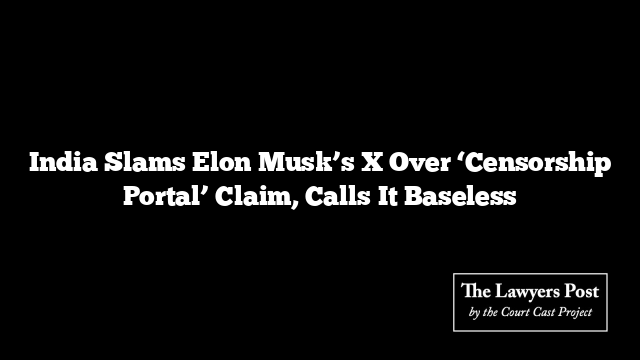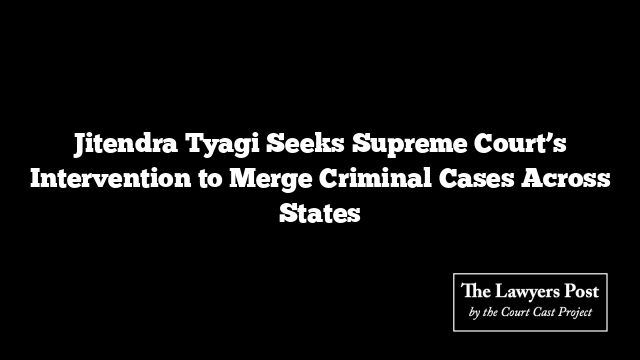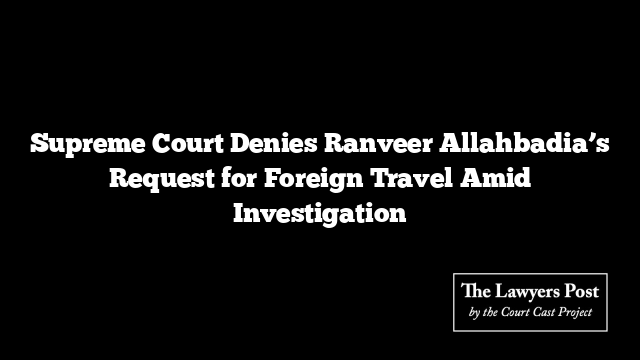The Indian government has strongly criticized claims by Elon Musk’s social media platform, X (formerly Twitter), that its Sahyog portal operates as a “censorship portal.” In a filing before the Karnataka High Court, officials condemned X’s characterization of the system, calling it both inaccurate and misleading.
According to the affidavit, the government’s stance is that X is misrepresenting the situation and attempting to portray itself as a direct stakeholder in content moderation issues, rather than as an intermediary. “The use of such terminology by a global platform like X is unfortunate and condemnable,” the government asserted.
X has challenged the creation of the Sahyog portal, arguing that it enables agencies to issue information-blocking orders outside the regulatory safeguards set by India’s Information Technology Act, 2000. The company claims that the system bypasses the Supreme Court’s ruling in Shreya Singhal v. Union of India, which emphasized due process in content removal.
However, the government rejected X’s argument, stating that the company is misinterpreting the safe harbor provisions of Section 79 of the IT Act. “The petition appears to be an attempt to demand unrestricted legal immunity while evading accountability,” the government argued, stressing that safe harbor protections are conditional and not an absolute right.
The filing also pointed out that as a foreign entity, X does not possess fundamental rights under India’s Constitution, including free speech protections under Article 19(1)(a). Officials emphasized that the company’s intermediary status does not grant it the authority to challenge government directives on behalf of its users.
The Karnataka High Court will continue hearing the case, which has reignited debate over online content regulation and the balance between government oversight and digital platform autonomy.





